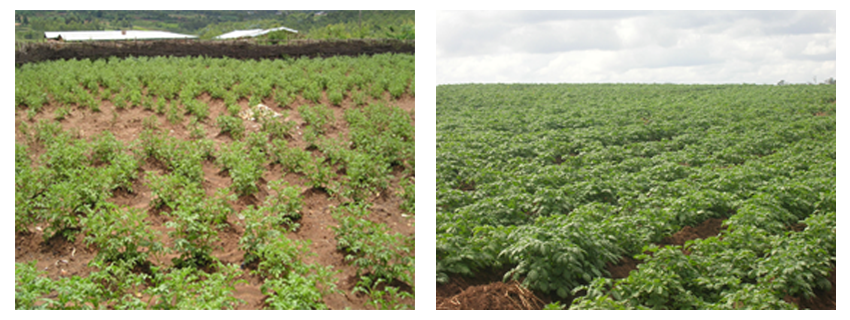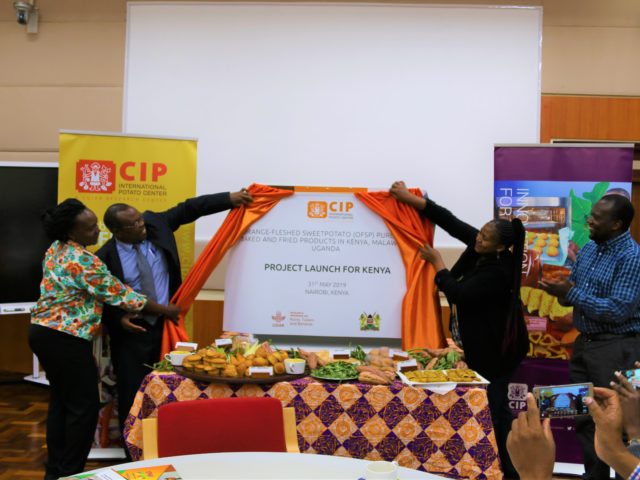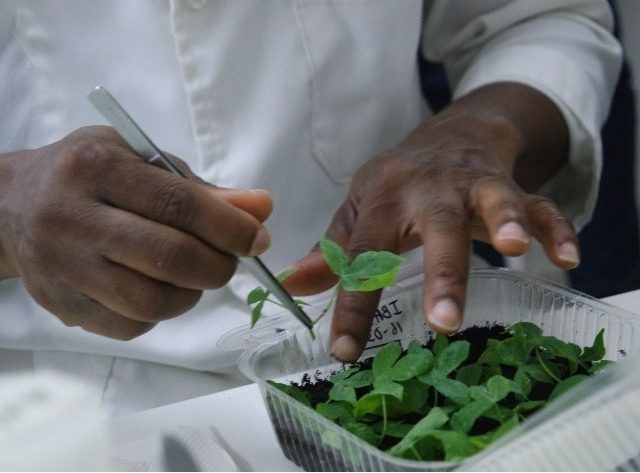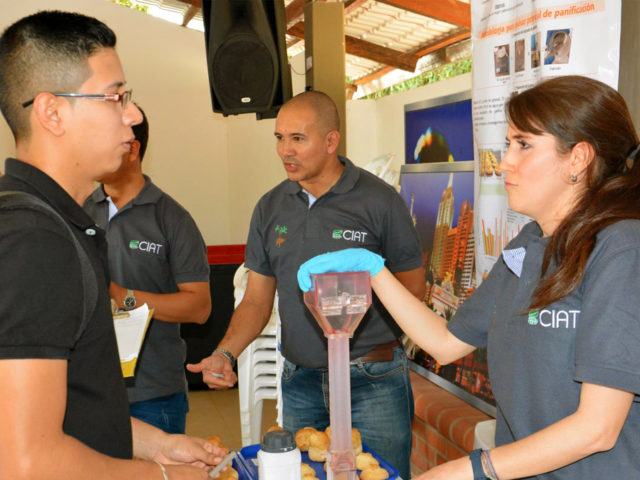By CIP’s Production System and Environment Sub-Program – Yield gap analysis is an important tool to estimate to what extent production could be increased if all factors are controlled and non-limiting. While this information is well documented for cereals, much remains to be done on other commodities such as potatoes. A challenge in this endeavor is the scalability of the analysis, as data are usually scarce in developing countries including Sub-Saharan Africa (SSA). To this end, scientists recommended using simulation models but their parameterization can be a difficult task.
In this context a regional study was conducted in SSA in order to estimate the potato yield gaps. Scientists from West Africa (Nigeria), Eastern and Central Africa (Cameroon, Burundi, Rwanda, Kenya, Uganda, Tanzania, Democratic Republic of Congo and Ethiopia), and Southern Africa (Angola, Malawi, Madagascar and Mozambique) participated in the study. A wide knowledge of the crop was one of the pre-requisites to attend the workshops, as the study is based on historical field data in most cases with missing parameters that had to be estimated using technological tools but with validation by experts. The experience working on the crop ranged from 8 to 31 years for 67% of the participants. This was the main driver of the workshops as field data for modeling purposes are seldom complete in most developing countries in general and SSA in particular.(…)
This study was co-funded by three CGIAR Research Programs: “Climate Change, Agriculture and Food Security” (CCAFS), “Roots, Tubers and Bananas” (RTB) and “Humidtropics”.



